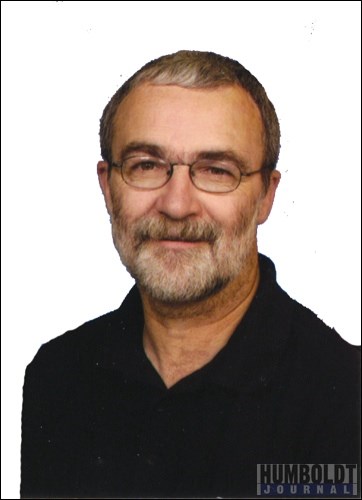The provincial government is trying to keep municipalities happy, promising to work with them on growth and development issues.
That was some of the important messages received and delivered by both sides at the latest Saskatchewan Urban Municipalities Association (SUMA) convention held in early February in Saskatoon.
According to Humboldt Mayor Malcolm Eaton, discussions on growth and development, including plans by the provincial government to support the development of affordable housing in rural areas, were among the most important at the convention.
The SUMA delegates did pass a resolution that will see them lobby for a housing action plan and grants from the province for building rental units. SUMA also wants an affordable housing plan from the provincial and federal governments.
"The province is working on some initiatives in affordable housing, including rental units, entry-level, social and transition housing," Eaton said. "They want to help communities, organizations, and developers work together to provide affordable housing."
The province is looking at a variety of policies, tax incentives, and grants that could encourage investment in different types of housing, he explained.
The government ministers at the convention were open to answering questions and providing support to municipalities, Eaton said.
As well, Premier Brad Wall confirmed that municipalities will receive the full one per cent of the PST promised by the Sask Party two years ago. The promise, which was to be implemented last year, was delayed after the provincial government's projections for revenues hit a major snag with the crash in potash sales.
Wall told the delegates that the revenue sharing is a record amount, totalling almost $217 million for all cities and towns.
What is needed now, Eaton said, is a long-term, sustainable funding program for infrastructure projects. SUMA and the province have been working on such a plan for several years, but nothing has come to fruition.
Darryl Hickie, Municipal Affairs minister, told the delegates that the province is prepared to hire a consultant to study how other jurisdictions provide long-term funding for infrastructure. Many municipalities in the province face a serious backlog in infrastructure repair and new projects, Eaton noted. A long-term commitment from the provincial and federal governments would allow municipalities to better plan for the replacement, repair, and construction of the infrastructure necessary for communities to grow, he explained.
Eaton also attended a session about emergency planning and response, put on by the Ministry of Corrections, Public Safety, and Policing, and the communities of Yorkton, Maple Creek and Kindersley. This session was very informative as the four organizations discussed how they responded to the storms and flooding that caused major problems in their communities last summer, Eaton explained.
"It made us take a look at our emergency planning," Eaton said. "We've had our situations with rainfall, but there could be other situations that arise."
The session also indicated how important it is that all the public safety organizations, such as the RCMP, the fire department and emergency medical services, work together, he added.
The province has designated approximately $20 million for proactive work to help municipalities prepare for potential spring flooding. The majority of the funding will be for infrastructure projects, such as berms and drainage ditches. But the details of the program, including how municipalities will apply for funding, is still being worked out.
Questions about the funding formula for health care facilities also arose at the convention, Eaton said. Currently, municipalities have to raise 35 per cent of the construction costs, which the Humboldt district recently did for the new Humboldt District Health Complex. But there is also the cost for furnishings and equipment which also had to be raised locally, Eaton added.
Many municipalities have difficulty raising their share of the costs, Eaton noted, forcing construction delays even on badly needed facilities.
Eaton would support a change to the funding formula, but he recognizes that the province has a limited amount of funds for capital projects.




